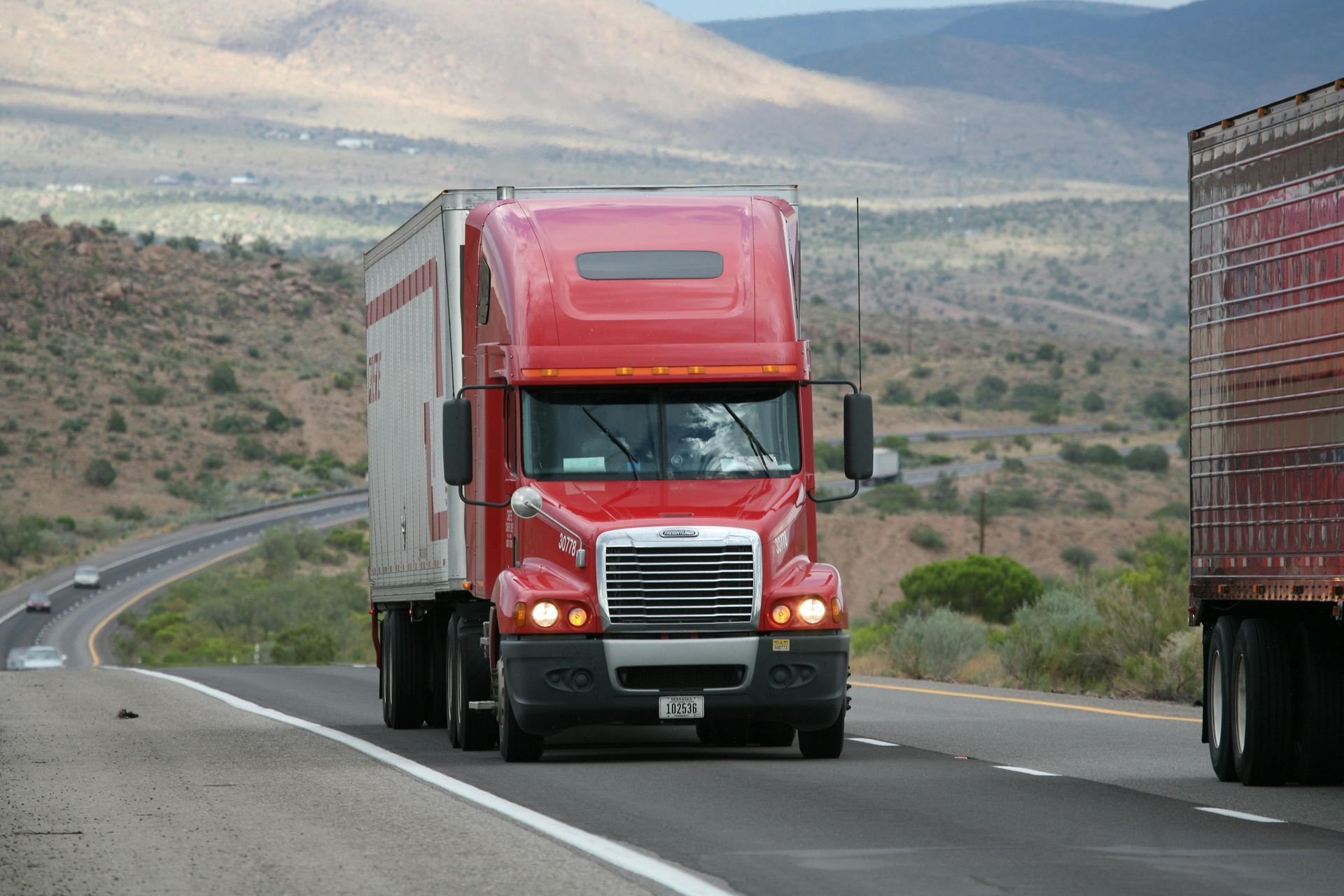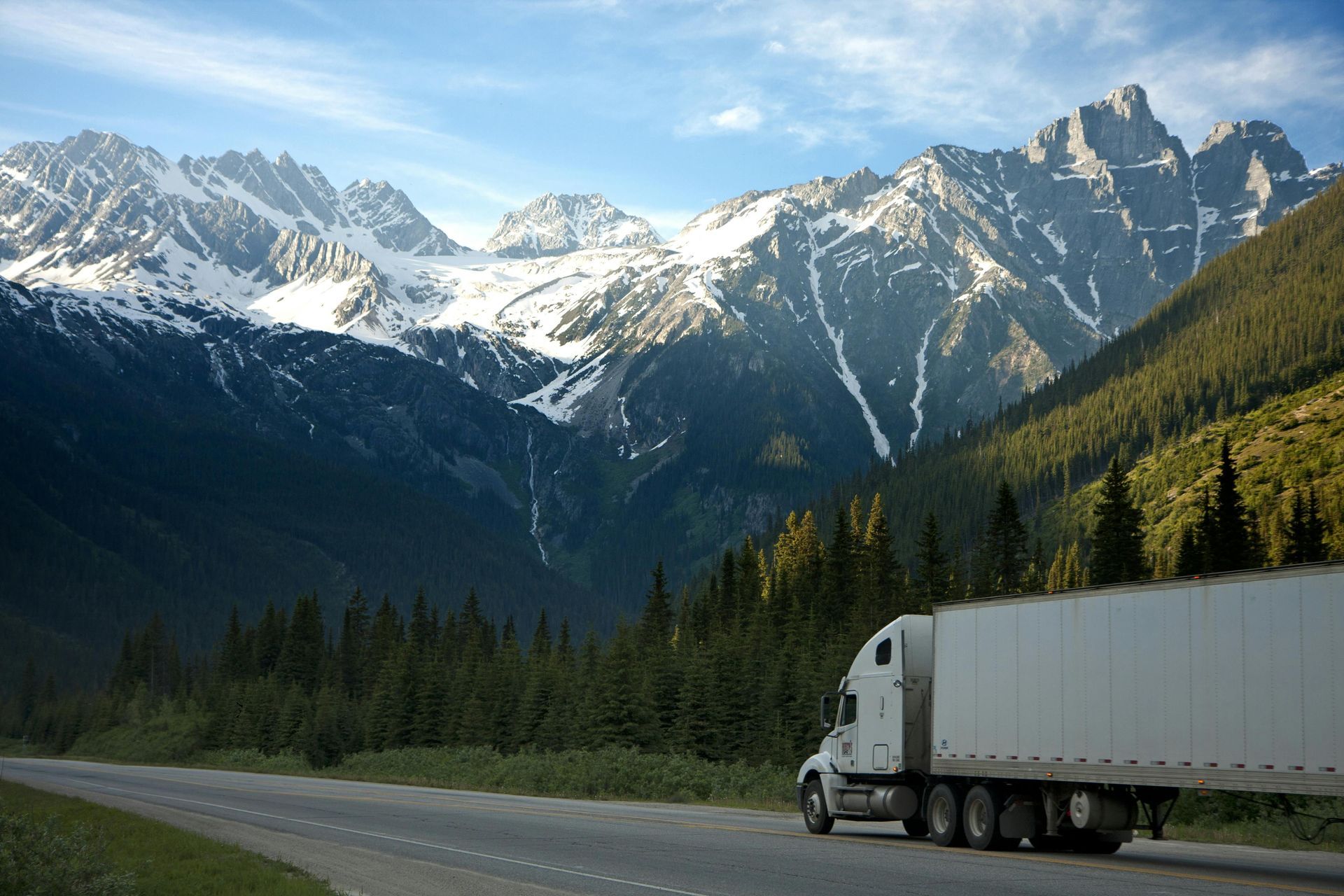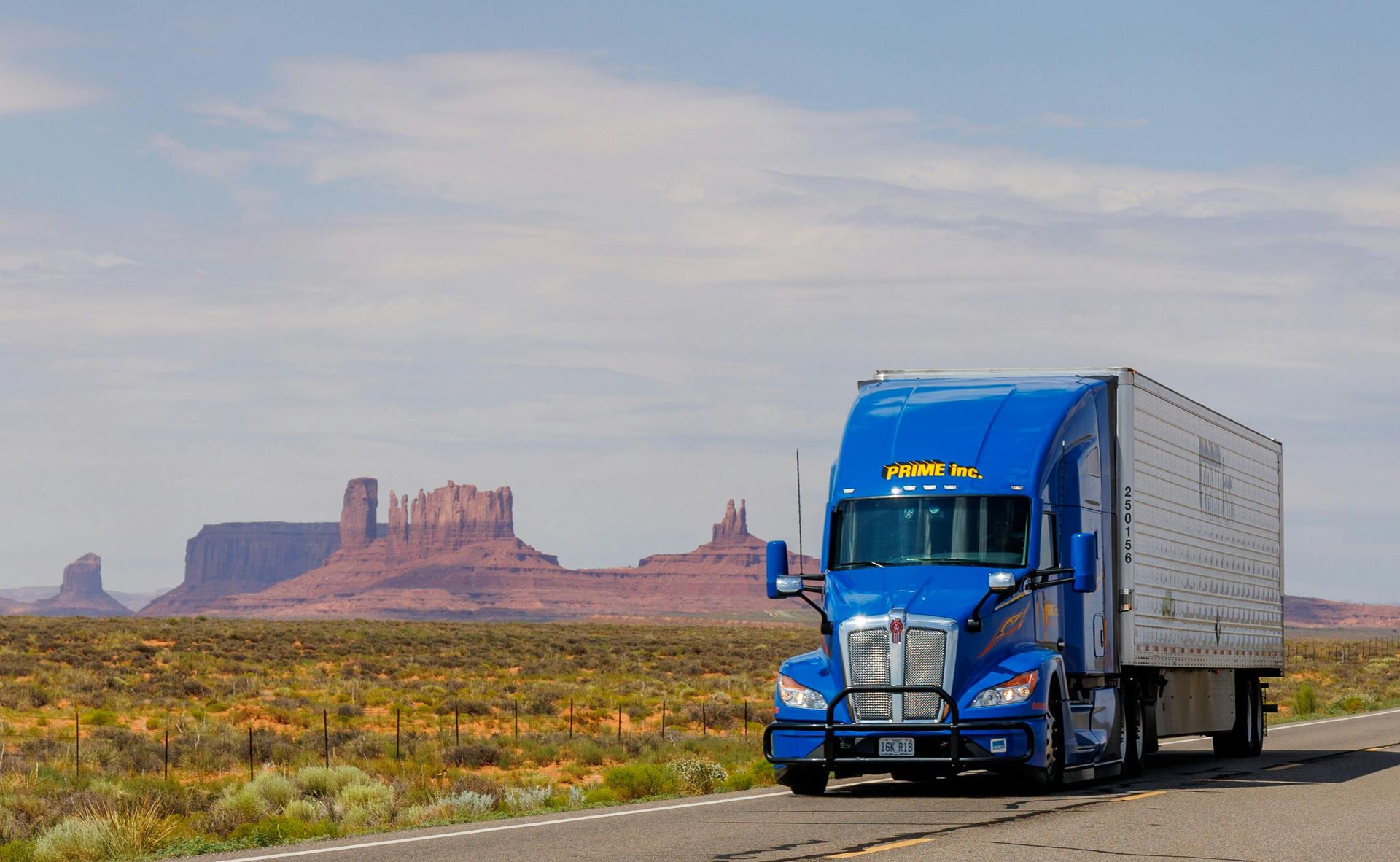dot vehicle title services
What's included in our nationwide title services?
TitleFocused: Secure, Scalable, and Always Accessible — Delivers Peace of Mind for Lenders, Carriers, and Financial Institutions
Trusted. Secure. Scalable.
TitleFocused is a highly secure platform designed to protect sensitive customer information with safeguards and full compliance with industry regulations. Trusted by major financial institutions like Bank of America and Wells Fargo, TitleFocused is the go-to solution for title and loan documentation management.
Seamless Integration & Scalable Solutions
Whether you're a large institution managing an extensive inventory or a growing business increasing your volume, TitleFocused scales effortlessly. Our system integrates smoothly with the tools used by lenders, carriers, and financial institutions, ensuring minimal disruption and maximum efficiency.
24/7 Online Access with Expert Support
Access your titles and documentation anytime, from anywhere, with our always-on platform. Authorized users can view, manage, and retrieve critical documents on demand. For tasks beyond digital viewing, our expert title team is ready to assist—whether it’s obtaining duplicate titles, locating lost ones, or managing lien changes and releases.
Error-Free, Efficient, and Reliable
TitleFocused is built to ensure your title process runs smoothly—free from errors, delays, or miscommunication. It’s a system you can count on for secure, efficient title management.
Have Questions?
We’re here to help. Reach out anytime to learn more about how TitleFocused can streamline your title and loan documentation processes.

our general procedure for MSOs
01.
Send information request to our client detailing the need for information to complete the titling process.
02.
Research all VINs to confirm ownership/stolen/determination of title by the DMV.
03.
Contact original manufacturer of equipment to obtain duplicate copies of lost MSOs (if required).
04.
Receive duplicate MSO, issued by manufacturer.
If MSO is not obtainable, we cannot obtain a new title, and will proceed with the following steps (5-9):
05.
Send information request to our client detailing the need for additional information to complete the titling process.
06.
Research all vehicle VINs to confirm ownership/stolen/old lienholders.
07.
Complete the Application for a Certified Copy of Title (providing that the client does not have the original title).
08.
Submit the Application for a Certified Copy of the Title and supporting documentation to the DMV.
09.
Receive certified copies of titles provided by the DMV.
New Lienholder Required:
- Send information request to our client detailing the need for information to complete the titling process.
- Complete the Application of “State” Certificate of Title.
- Submit the Application of “State” Certificate of Title and supporting documents to the DMV.
- Receive titles (including lienholders), sent by the DMV.
- Confirm all titles are complete and correct.
- Send final titles to the lienholder or client.
our general procedure for rolling stock
01.
Send information request to our client detailing the need for information to complete the titling process.
02.
Research all vehicle VINs to confirm ownership/stolen/old lienholders.
03.
Complete the Application for a Certified Copy of Title (providing that the client does not have the original title).
04.
Submit the Application for a Certified Copy of the Title and supporting documentation to the DMV.
05.
Receive certified copies of titles provided by the DMV.
New Lienholder Required:
- Send information request to our client detailing the need for information to complete the titling process.
- Complete the Application of “State” Certificate of Title.
- Submit the Application of “State” Certificate of Title and supporting documents to the DMV.
- DMV – Sends Titles (including lienholders) to NFSLLC.
- Confirm all titles are complete and correct.
- Send final titles to the lienholder or client.
Any questions? We Have Answers
I want to open a new trucking company, what do I need?
- Register your business and trademark the name
- File for an EIN with IRS
- Obtain a USDOT number & Authority
- Obtain a BOC-3 Agent & Insurance
- Obtain an IRP and IFTA account
How much does it cost to get your own trucking authority?
The FMCSA charges $699 to file the paperwork and get your authority issued.
What is a BOC-3 processing agent?
It’s an FMCSA agent or business that receives legal documents on behalf of a company. This includes court papers, complaints, and summons. Our related company 1+49 Process Agents LLC provides agents in all 50 states.
What is UCR?
It’s an annual fee that all individuals or companies that operate commercial motor vehicles across state or international lines must pay based on the number of vehicles.
What is biennial?
It’s an update with the FMCSA that requires entities to update their information every two years.
What is IFTA?
It's a fuel tax collection and sharing agreement for the redistribution of fuel taxes paid by interstate commercial carriers.
What is HVUT?
The heavy vehicle use tax or HVUT is a fee assessed annually on heavy vehicles operating on public highways at registered gross weights equal to or exceeding 55,000 pounds.
I bought a truck; how can I get it registered and get my plates?
You will need to title the vehicle first with your local county and then add it to your IRP account.
I am running under somebody else’s authority; can I open an IRP account?
Yes, as long as you have an Employment Agreement.
How does your drug & alcohol consortium work?
We send drivers for a pre-employment test and once negative results are received, we will add the driver into our drug pool. Testing is conducted at a designated site across the US.
I’m the owner, but I don’t drive why do I have to be enrolled in a consortium?
As an owner-operator of a commercial vehicle, even if you don't personally drive, you are still required to be enrolled in a consortium because DOT regulations prohibit single owner-operators from managing their own random drug and alcohol testing program.
I am enrolled in your consortium, but I have not been tested randomly, why?
If you are enrolled in a drug testing consortium but haven't been randomly tested, it's likely because random selection is based on a large pool of drivers from different companies, meaning the odds of being chosen for a test at any given time are relatively low, especially if your company has a small number of drivers; essentially, your chances of being selected are diluted by the larger pool within the consortium.
What is the Return to Duty process?
It's a series of steps that an employee must complete to return to a safety-sensitive job after a drug or alcohol violation. The process includes evaluation, education, treatment, and testing.
What is the FMCSA Portal? What do I need to open one?
It’s an online platform that allows users, including carriers, brokers, and state officials, to access various safety data and information systems related to commercial vehicles with a single set of login credentials. What do I need to open one? You will need to request your USDOT Pin and create a Login.gov account.
What is the Clearinghouse? What do I need to open one?
It's a central repository to track CDL driver drug and alcohol test results and return-to-duty information. What do I need to open one ? You need a valid email address and to create a login.gov account. You can use your existing login.gov account if you already have one.
What is a Query?
Detailed information about any violations found in a driver's Clearinghouse record.
I drove zero miles this quarter, do I need to file an IFTA return?
Yes, you must file a separate return each calendar quarter for each fuel type indicated on your initial or renewal application even when no miles were accrued that quarter.
What are common issues with maintaining fleet titles?
Maintaining fleet titles can be a complex, time-consuming process—especially when managing a large or growing fleet. Fleet managers often encounter the following common challenges:
Inaccurate or Outdated Information
Details like the make, model, year, or VIN can easily be recorded incorrectly. These errors may seem minor but can lead to serious issues with registration, insurance, audits, and regulatory compliance down the line.
Missing or Incorrect Documentation
Many organizations are unaware they’re missing vehicle titles altogether. Clerical errors, ownership changes, or poor document tracking can cause titles to go unaccounted for. Regular audits and inventory reviews are essential to catch these gaps early.
Improper Vehicle Disposal Management
Disposing of or selling vehicles involves strict documentation requirements that vary by state. Failing to follow the correct process can delay sales or result in compliance violations. A clear understanding of title transfer laws is critical.
How to get an electronic title for a vehicle?
The process for obtaining an electronic title (or e-title) varies by state, so it’s important to check with your local DMV or motor vehicle agency for exact steps and eligibility.
Which States offer electronic titles?
Currently, only 20 states support electronic titles, and some of them require lenders or lienholders to participate in a designated e-title program.
E-title States Include:
Arizona, California, Colorado, Florida, Georgia, Hawaii, Idaho, Kansas, Louisiana, Massachusetts, New York, North Carolina, Ohio, Pennsylvania, South Carolina, Texas, Utah, Virginia, Washington, and Wisconsin.
What if my State doesn't offer electronic titles?
If your state doesn’t support electronic titles, managing physical documents can become cumbersome—especially for fleets operating across multiple states.
That’s where a system like TitleFocused becomes valuable. TitleFocused provides:
- Centralized digital storage for all title-related documents
- Quick access to scanned copies of physical titles
- Streamlined workflows that simulate the convenience of e-titles—even where e-titles aren’t yet available
fleet insights
Why We Do What We Do
At National Fleet Services, we believe in more than just business - we believe in building the future of the trucking industry. Through our dedication to its growth and sustainability, we help motor carriers succedd today while paving the way for the opportunties of tomorrow.
"I can't recommend National Fleet Services enough! I had questions about obtaining our DOT number and Ana went above and beyond to make sure we were doing things correctly."
RACH HILL
Let's set the wheels in motion
We look forward to hearing from you!
DOT Vehicle Title Services Contact Form
We will get back to you as soon as possible.
Please try again later.
Quick Links
All Rights Reserved | National Fleet Services LLC
Website imagined and executed by RivalMind.






